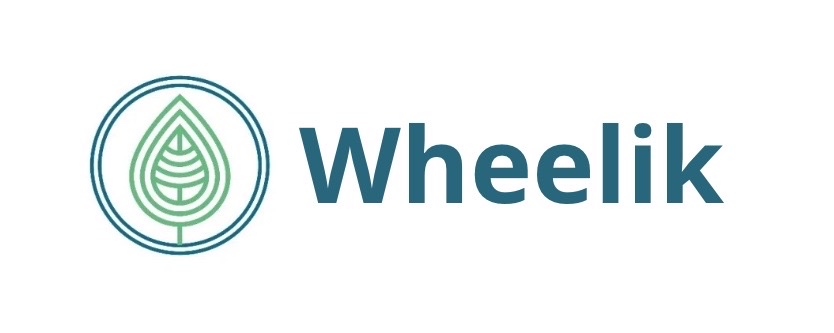Volkswagen ID.2: The revolution of affordable batteries
Objective: electric car at competitive price
Volkswagen aims for a breakthrough in the field of affordable electric cars with the future ID.2, positioned at less than 25,000 euros. This new model in the range could compete with the Renault 5 E-Tech, scheduled for late 2024.
An LFP battery to reduce costs
To offer a car at such a competitive price, Volkswagen has opted for a battery using LFP (lithium-iron-phosphate) chemistry without cobalt. This technology, increasingly popular, particularly in China, has the advantage of costing less per kWh compared to traditional NMC (nickel-manganese-cobalt) and NCA (nickel-cobalt-aluminium) batteries.
Understanding the interest of LFP chemistry
LFP chemistry, although less energy-dense than its NMC and NCA counterparts, allows for a significant reduction in battery costs. This means more volume and weight for the same amount of energy, but Volkswagen is betting on this technology to make its electric cars more financially accessible.
Variety of battery options
The ID.2 will be available with several LFP battery packs, including options of 38 kWh and 56 kWh, offering a range of between 300 and 450 km. This strategy will also be applied to other models based on the same platform, such as the ID.2 SUV, as well as models under the Skoda and Cupra brands.
Comparison with Renault
In comparison, the current Renault 5 E-Tech electric car is equipped with a 52 kWh NMC battery, and a 40 kWh version is planned for 2025. Renault also plans to introduce LFP batteries for its future models, including the Twingo at 20,000 euros, planned for 2027, like the Volkswagen ID.1.


